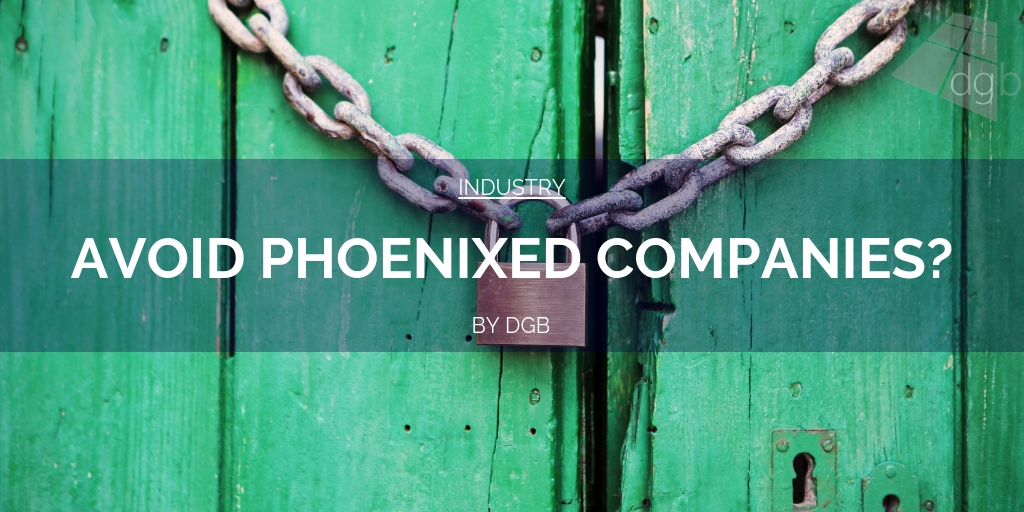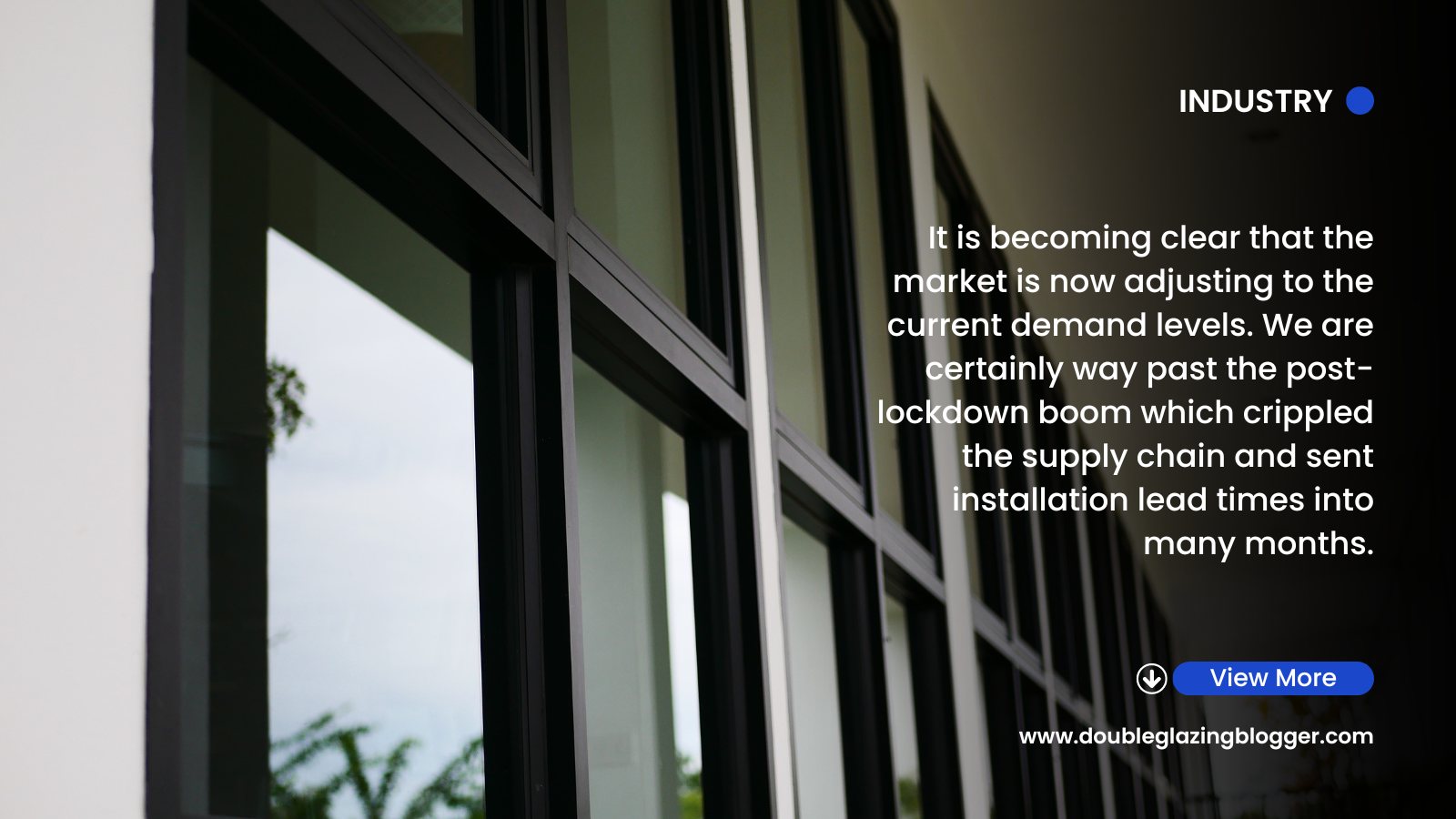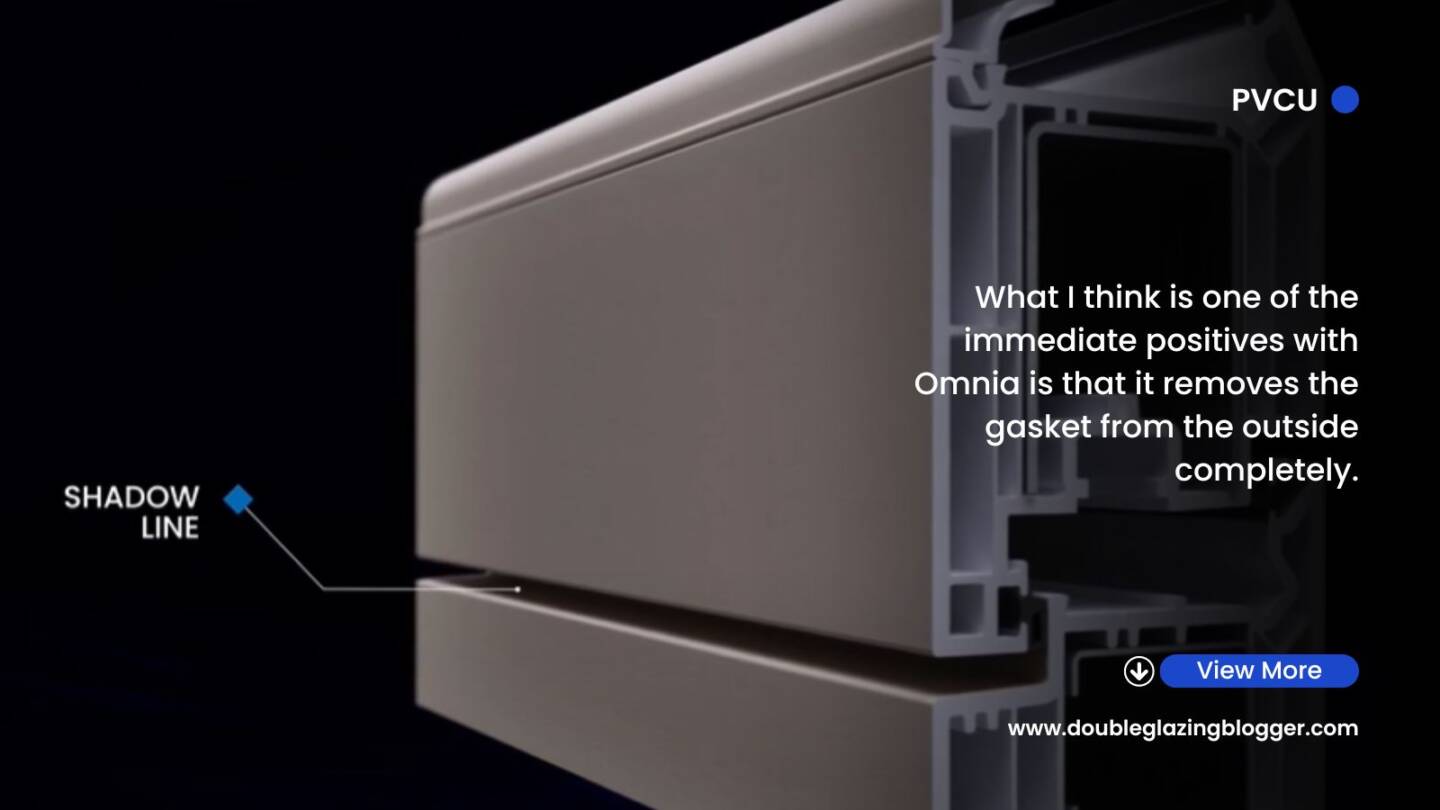When a company goes under, its always a messy affair. Jobs are lost, as is history and legacy. It truly is a sad time for everyone involved and connected to the business.
Sometimes however, the company can be saved. Either through closing down and starting again, otherwise known as “phoenixing”, or through other means, like a CVA or a management buyout or similar.
From a fenestration industry perspective, phoenixing has been one of the things which has contributed to it’s negative reputation. Many become frustrated with the end result, as its seen as the company getting away with their debts and responibilities, and letting others around them take the hit financially.
There is often a chorus which follows saying that the industry should stop dealing with said company, as a form of industry-led justice.
But should we though?
Frustration
I am looking at this myself from a number of angles. Remember, I work for a family run installations business. Would I be happy if there were less competitors around me and more work for us? Of course I would. It means more work and more money.
More often than not, the competitors around us have changed their company names more than once. Some have phoenixed more than once. I imagine debts have gone unpaid and home owners let down with their guarantees as technically the company they bought from no longer exists. Does it frustrate me that they’re allowed to do that so easily and remain trading? Yes. Considering the weighty gravity of the situation, to simply close a company down when they’re in hard times, start again and then make it simpler to avoid debts isn’t something that should be so easy.
But, whilst I would welcome less competition around me, it would also mean people losing their jobs, homes, incomes or worse, if they were unable to continue to work for those companies. Something like that doesn’t just affect them, but their families and friends too. I’m lucky to have never lost my job, many others have, and I can’t imagine the stress and anxiety it puts on people.
So yes, whilst those looking from the outside in can be justifiably frustrated in seeing a company, usually a competitor, phoenix quite easily, consideration also has to be made if the company was not to be saved.
I am sure we all remember earlier on in the year when trouble hit Synseal. One of the industry’s biggest systems companies, a major cog in the supply chain. They’re now known as Aperture Trading Limited. At the time, there was a huge deal of frustration voiced by areas of the sector. Admittedly from the competition, but with justified frustration and questions.
There was also questions being asked of the media as to why little scrutiny was being paid to whether or not the new company would honour their debts to their suppliers. Something that I had not seen before in my time in doing this, but again, this was most likely fueled by frustration from competitors.
Lets be clear, to make the kind of decision they did at Synseal to carry out that action would not have been easy at all. They knew that a party of people were always going to be left unhappy with the situation. But did they want to see more than a thousand people lose their jobs, which would have affected many more than that number? No, they certainly would not have. So they had to make that tough decision and wear the flak that would come their way.
Hypocritical
As the chorus of dissent grew louder while the dust settled around the Synseal news, many usually quiet characters came out of the wood work to voice their two penneth. Again, you question the motive for their vocal involvement on this particular case but no others. Whilst I watched the events unfold and the commentary become more frought, I could not help but think that much of this industry is very hypocritical.
Many say, and still do, that we should all stop dealing with the companies that phoenix and avoid debts. I understand that point of view, and there is moral justification in it. However, many of those same voices, in fact much of the industry I would estimate, either work for, or deal with companies who have done exactly the same thing! Our industry isn’t known for it’s longevity, and number of companies who have phoenixed, gone into CVA or similar would be too long to list here. But have we all frozen them out and stopped dealing with them? No. I bet most of you reading this now have some connection to a company that has risen from the ashes of an old one.
So whilst I fully understand how frustrating it is to see companies go under and come back up in quick time and have no responsibilities, I have little doubt that if and when any of you would be put in a position of being either able to save the company or make potentially hundreds of people redundant, I know which option you’ll choose. You won’t be putting your moral compass first and choosing to add to the unemployed figures.
Let me be clear though, I am no fan of phoenixing either. Its a process which is too easy to do and fails to have enough of a serious consequence. I mentioned during my commentary of the Synseal story that perhaps the rules around reforming companies should be looked at. Perhaps a condition of that kind of deal should be that the highest levels of management are sacrificed from the company and replaced as a gesture to show that the new company is attempting to follow a different, more profitable path. That was just one suggestion from myself.
The long and short of it is, whilst we don’t like it when phoenixing happens, if we were really all to stop dealing with companies who change their status in any way over time, we’d find it hard to navigate through this sector easily.
To get weekly updates from DGB sent to your inbox, enter your email address in the space below to subscribe:
By subscribing you agree to DGB sending you weekly email updates with all published content on this website, as well as any major updates to the services being run on DGB. Your data is never passed on to third parties or used by external advertising companies. Your data is protected and stored on secure servers run by Fivenines UK Ltd.







